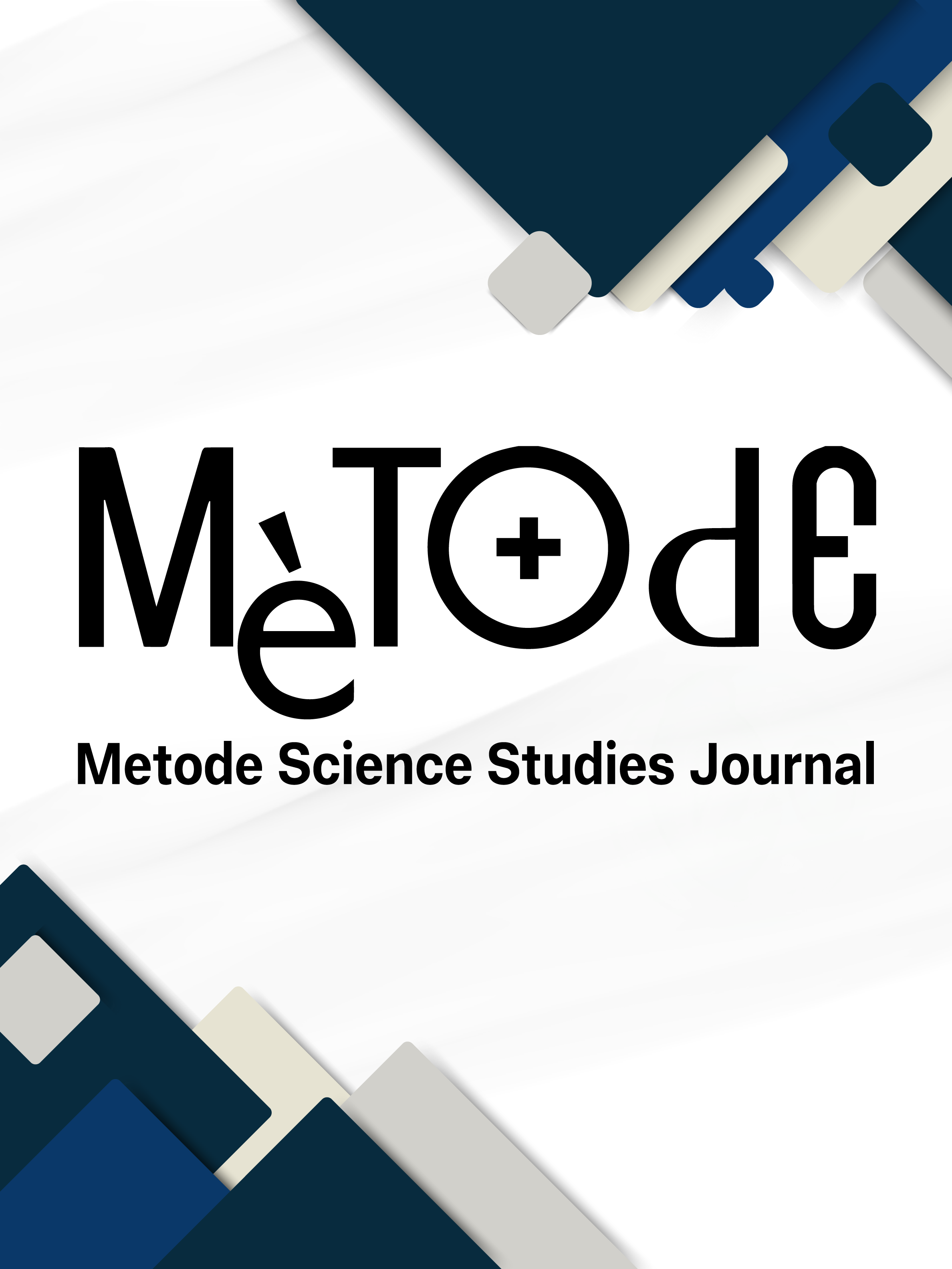Where will the digital humanities be in 100 years?
The humanities as a hope for the digital
DOI:
https://doi.org/10.7203/metode.15.27672Keywords:
digital humanities, preservation, FAIR principles, repositories, data Abstract
Abstract
The acceleration of technological development raises certain challenges and doubts about the maintenance of tools and data. Must we accept that digital data will be useless in a few decades? This article presents some concrete solutions, such as the use of repositories, the application of FAIR principles, or the use of standard formats such as XML-TEI. More generally, it argues for the maintenance of a historical view both of the humanities and of libraries, and for a humanistic and quantitative critique of digital aspects.
 Downloads
Downloads
 References
References
Allés-Torrent, S., & del Rio Riande, G. (2019). The switchover: Teaching and learning the text encoding initiative in Spanish. Journal of the Text Encoding Initiative, 12. https://doi.org/10.4000/jtei.2994
Blei, D. M. (2012). Probabilistic topic models. Communications of the ACM, 55(4), 77–84. https://doi.org/10.1145/2133806.2133826
Burnard, L., Schöch, C., & Odebrecht, C. (2021). In search of comity: TEI for distant reading. Journal of the Text Encoding Initiative, 14. https://doi.org/10.4000/jtei.3500
Calvo Tello, J., Rißler-Pipka, N., & Barth, F. (2023). GND und Normdaten für europäische Literatur? Personen und Werke in donen multilingualen Korpora von ELTeC. In A. Busch & P. Trilcke (Eds.), Open Humanities, Open Culture, 2023. Konferenzabstracts (p. 160–165). https://doi.org/10.5281/zenodo.7688631
Del Rio Riande, G., & Allés-Torrent, S. (2023). ¿Quién conforma la comunidad de la TEI en español? Análisis de los datos de una encuesta. Journal of the Text Encoding Initiative, 16. https://doi.org/10.4000/jtei.4927
Devlin, J., Chang, M.-W., Lee, K., & Toutanova, K. (2019). BERT: Pre-training of deep bidirectional transformers for language understanding. arXiv, 1810.04805 [Cs]. http://arxiv.org/abs/1810.04805
Garrish, M. (2011). What is EPUB 3? O’Reilly Media. http://shop.oreilly.com/product/0636920022442.do
Gengnagel, T., Neuber, F., & Schulz, D. (2023). FAIR enough? Evaluating digital scholarly editions and the application of the FAIR data principles. RIDE, 16. https://doi.org/10.18716/RIDE.A.16.0
González-Blanco, E., Cantón, C. M., del Rio Riande, G., Ros, S., Pastor, R., Robles-Gómez, A., Caminero, A., Díez Platas, M. L., del Olmo, Á., & Urízar, M. (2017). EVI-LINHD, a virtual research environment for the Spanish-speaking community. Digital Scholarship in the Humanities, 32(suppl_2), ii171–ii178. https://doi.org/10.1093/llc/fqx025
Mandal, S. (2023, 2 February). Amazon’s send to Kindle feature still supports sending MOBI file. Good E-Reader. https://goodereader.com/blog/kindle/amazons-send-to-kindle-feature-still-supports-sending-mobi-file
McIlroy, T. (2012). Ebook formats are a mess – here’s why. Learned Publishing, 25(4), 247–250.
O’Shea, K., & Nash, R. (2015). An introduction to convolutional neural networks. arXiv, 1511.08458. https://doi.org/10.48550/arXiv.1511.08458
Rockwell, G., & Sinclair, S. (2016). Hermeneutica: Computer-assisted interpretation in the humanities. The MIT Press.
Sahle, P. (2015). Digital humanities? Gibt’s doch gar nicht! ZfdG. https://doi.org/10.17175/sb001_004
Schöch, C., Erjavec, T., Patras, R., & Santos, D. (2021). Creating the European Literary Text Collection (ELTeC): Challenges and perspectives. Modern Languages Open, 1. https://doi.org/10.3828/mlo.v0i0.364
Sinclair, S., & Rockwell, G. (2016). Voyant Tools [Software]. http://voyant-tools.org/
Underwood, T. (2014). Understanding genre in a collection of a million volumes, Interim Report. https://figshare.com/articles/Understanding_Genre_in_a_Collection_of_a_Million_Volumes_Interim_Report/1281251
Wilkinson, M. D., Dumontier, M., Aalbersberg, Ij. J., Appleton, G., Axton, M., Baak, A., Blomberg, N., Boiten, J.-W., da Silva Santos, L. B., Bourne, P. E., Bouwman, J., Brookes, A. J., Clark, T., Crosas, M., Dillo, I., Dumon, O., Edmunds, S., Evelo, C. T., Finkers, R., … Mons, B. (2016). The FAIR Guiding Principles for scientific data management and stewardship. Scientific Data, 3. https://doi.org/10.1038/sdata.2016.18
Published
How to Cite
-
Abstract126
Issue
Section
License
Copyright (c) 2024 CC BY SA

This work is licensed under a Creative Commons Attribution-ShareAlike 4.0 International License.
![]()
All the documents in the OJS platform are open access and property of their respective authors.
Authors publishing in the journal agree to the following terms:
- Authors keep the rights and guarantee Metode Science Studies Journal the right to be the first publication of the document, licensed under a Creative Commons Attribution-NonCommercial-NoDerivatives 4.0 International License that allows others to share the work with an acknowledgement of authorship and publication in the journal.
- Authors are allowed and encouraged to spread their work through electronic means using personal or institutional websites (institutional open archives, personal websites or professional and academic networks profiles) once the text has been published.





